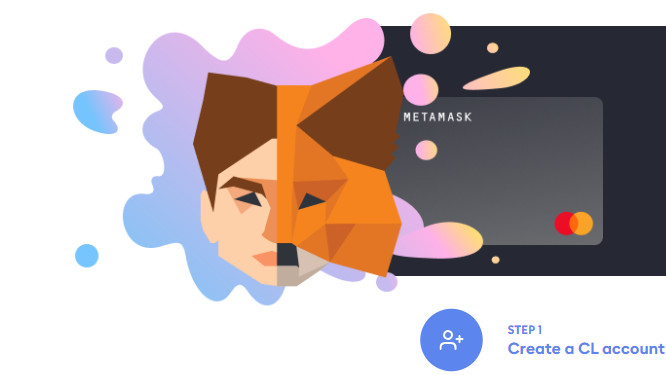The MetaMask Card is first available in a pilot phase to a few thousand users in the EU and UK, with a wider release expected later this year.
Users will be able to make purchases directly with their USDC, USDT and wETH assets held on the layer-2 network Linea.
MetaMask, the popular self-custodial crypto wallet for the Ethereum (ETH) network, is starting the rollout of its blockchain-based debit card developed with payments giant Mastercard (MA) and crypto payments specialist Baanx.
The MetaMask Card will initially be available in a "limited pilot of a few thousand digital-only cards" to users based in the European Union countries and the UK, Metamask told CoinDesk on Wednesday. The company plans broader distribution later this year, with a "full rollout" in the EU and UK and more pilot launches in other regions through the coming quarters.
The offering comes as traditional financial services and blockchain-based digital assets are getting increasingly intertwined. As global institutions tokenize old-school instruments like bonds and credit and asset managers start offering bitcoin (BTC) and ether (ETH) exchange-traded funds, payments giants are exploring ways to implement blockchain tech into financial rails.
Mastercard has been working with Baanx on its web3 payments initiative, connecting traditional payments with crypto platforms like hardware wallet firm Ledger and decentralized exchange 1inch. Rival company Visa (V), meanwhile, has partnered with Circle's USDC stablecoin and the Solana (SOL) network to speed up cross-border payments.
CoinDesk broke the news in March that MetaMask was testing a blockchain-based payment card with Mastercard and Baanx.
Read more: With Mastercard, MetaMask Tests First Blockchain-Powered Payment Card
"We saw a significant opportunity to make purchases for self-custody wallet users easier, more secure, and interoperable," said Raj Dhamodharan, executive vice president of blockchain and digital assets at Mastercard.
"Anybody who has access to a mobile phone should be able to get access to a basic range of financial services by default," said Simon Jones, chief commercial officer at Baanx. "This would have huge implications in countries with large numbers of unbanked or underbanked individuals."
The card works like a typical debit card but allows purchases directly with digital asset holdings in Metamask's self-custodial wallet. This means that users retain custody of their funds until the moment of payment.
Users will be able to spend their USDC, USDT and wETH cryptocurrencies held on the Linea blockchain, an Ethereum layer-2 network developed by Consensys, which is also the developer of MetaMask.
“This gives people more freedom to spend their assets; in this case, crypto,” said Lorenzo Santos, senior product manager at Consensys.
 coindesk.com
coindesk.com
